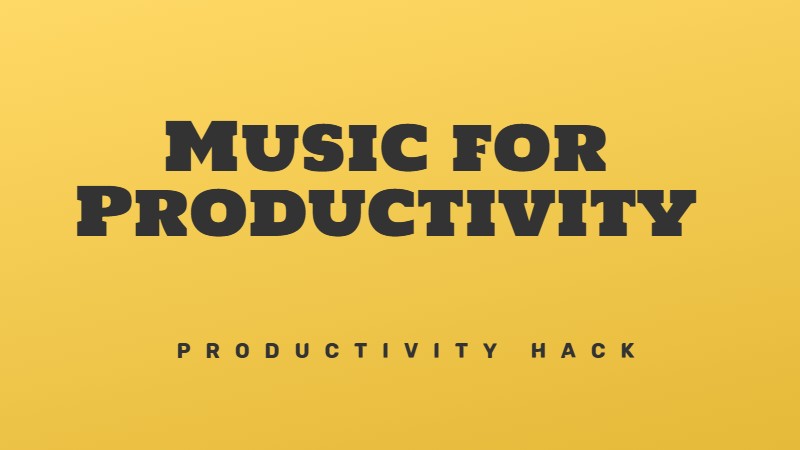Ask anyone how long it takes to form a new habit, and chances are you’ll hear 21 days.
This number has assumed status as the universally accepted timeline for behavior change. Want to start journaling daily or quit checking social media compulsively? Conventional wisdom says give it three weeks and you’re golden.
But there’s a problem with this 21-day prescription. It’s not based on science.
The reality of habit formation is far messier and more humbling than what the self-help industry would have you believe. Forget 21 days! For most of us, real lasting change takes months of dedicated effort.
Forget the 21-day myth of habit formation
We are what we repeatedly do. Excellence, then, is not an act, but a habit. (Aristotle)
The ancient Greek philosopher Aristotle understood the power of habits long before modern science. But he didn’t know how long it takes to form a new habit.
Many self-help gurus push the notion that 21 days is all you need. This myth stems from anecdotal observations by a plastic surgeon named Maxwell Maltz in the 1960s. Actual research proves habits take much longer to form.
How long does it really take to build a habit?
A 2009 study from University College London examined how long it took people to make a new health habit automatic, like eating fruit with lunch or running 15 minutes before dinner. On average, it took 66 days for a new behaviour to feel natural. Some people formed the habit in as little as 18 days, while others took 254 days.
More recent research by Phillippa Lally at the University of Surrey suggests that simple habits like drinking a daily glass of water take about two months to form, while complex ones like regular exercise can take up to eight months.
The truth is everyone’s habit timeline is different. Imagine your brain is a dense forest. Making a new habit is like forging a new trail through the undergrowth. At first, the path is bumpy and overgrown, and you must consciously think about each step. But the more you travel the same route, the smoother and more defined the path becomes until you can walk it on autopilot.
The 3 R’s of successful habit formation
Research shows that three factors have the biggest impact on how quickly you can build a new habit:
Make it easy to bounce back from setbacks
Habit formation is not an all-or-nothing game. Slipping up here and there doesn’t sabotage the whole endeavour. In fact, research shows that missing a day or two has no measurable impact on your long-term success.
Think of building habits like growing a bonsai tree. You can shape it into a beautiful masterpiece by tending to it regularly over time. If you miss a day of watering, it doesn’t wither and die. It’s resilient as long as you nurture it more often than not.
That’s why self-compassion is so important when building habits. If you judge yourself harshly when you falter, you’re more likely to quit. Instead, accept you’re only a human and keep nurturing the habit, one day at a time.
Habit formation success stories
Sarah, an aspiring writer with a day job. She dreamed of penning a novel but could never find the time. So, she started waking up 30 minutes early to write before work. The first week was a groggy struggle, but she stuck with it. After two months of consistent morning writing, it was a natural part of her daily routine. A year later, she had a finished manuscript.
Marcus, a sales manager with a soda-a-day habit. He decided to have a glass of water with each meal instead. At first, he often forgot or gave in to his soda cravings. But he kept a big water bottle on his desk as a reminder. After a few months, plain water became his go-to beverage. Within a year, he’d lost 15 pounds without even trying.
Your new habits await
Forget about crash courses that promise change in 21 days. Science shows it takes most people 2-8 months of regular practice to make a new habit second nature. Focus on repetition, rewards and reminders to accelerate your progress. Be patient and forgiving with yourself.
Each time you choose to do the new habit, you pour a drop into the bucket. It might not seem like much in the moment, but buckets fill faster than you’d expect. Bit by bit, choice by choice, you become the architect of your new life. You stop reacting on autopilot and start shaping your days with intention.
This is the real gift of habits. Not the results themselves but the person you become in earning them. You build not just a new habit but a new identity.
Start small, stay consistent, and trust the power of repetition. The habits you start building today will shape who you become for years to come.




Leave feedback about this